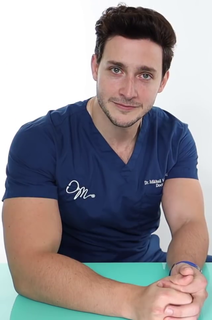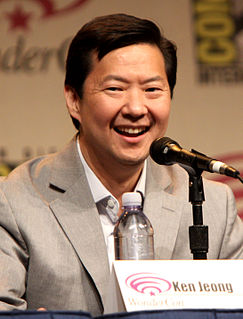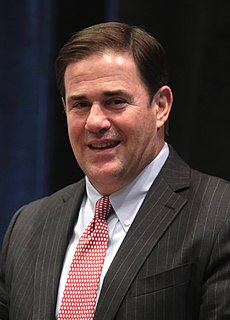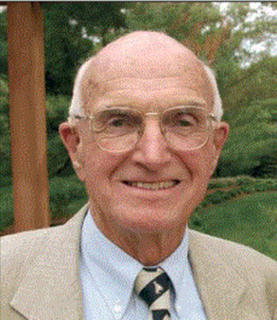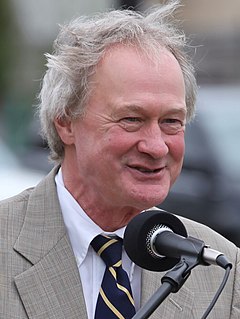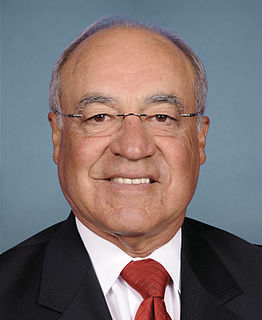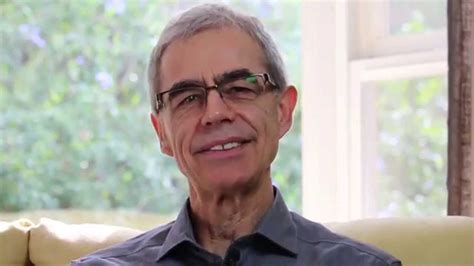A Quote by Ralph Northam
In medical school, students are immersed in the realm of medical ethics. It's where new doctors study, learn right and wrong, ask tough questions, and discuss things like end of life care, genetic testing, and patients' rights. In lots of ways, it's the most important part of being a compassionate and competent doctor.
Quote Topics
Medical
Ask
Being
Care
Compassionate
Competent
Discuss
Doctor
Doctors
End
End Of Life
Ethics
Genetic
Immersed
Important
Important Part
Learn
Life
Like
Lots
Medical School
Most
New
Part
Patients
Questions
Realm
Right
Right And Wrong
Rights
School
Students
Study
Testing
The Most Important
Things
Tough
Tough Questions
Ways
Wrong
Related Quotes
I was not a person who you would find on social media traditionally, but when I was introduced to Instagram, I saw it as a way to show other medical students on their journey that you don't have to give up your life to study medicine. The stigma that you can't have a life in medical school was a fallacy, and I was the living proof of that.
Medical disenfranchisement is fueled by a host of factors that include worsening shortage of primary care doctors in needy communities and a troubling scarcity of providers willing to treat the uninsured or publicly insured. Adding to the trend are fewer medical students choosing primary care over more lucrative and specialized fields.
For the most part, people use "empathy" to mean everything good. For instance, many medical schools have courses in empathy. But if you look at what they mean, they just want medical students to be nicer to their patients, to listen to them, to respect them, to understand them. What's not to like? If they were really teaching empathy, then I'd say there is a world of problems there.
Now, it is sometimes said that medical care is too important to be left to the market, and that it is immoral to profit from the illnesses of others. I say medical care is too important to be left to the failed central plans of the political class. And as for profiting from providing medical care, we can never be reminded enough that in a free society, a profit is a signal that valuable services are being rendered to people on a voluntary basis.
I tell [medical students] that they are the luckiest persons on earth to be in medical school, and to forget all this worry about H.M.O.'s and keep your eye on helping the patient. It's the best time ever to be a doctor because you can heal and treat conditions that were untreatable even a couple of years ago.
I got into medical school at the University of California in San Francisco and did well. A lot of smart kids in medical school, and believe me, I wasn't not nearly the smartest one, but I was the most focused and the happiest kid in medical school. In 1979, I graduated as the valedictorian and was honored with the Gold Cane Award.
With the increasing demand for holistic health care and the 'green revolution', the demand for aromatherapy will increase, and hopefully we will reach the point where medical doctors incorporate it into their repertoire. It will become routine for doctors to send culture samples to the pharmacist for testing, and identify the relevant aromatherapy for the patient. The stress-relieving properties associated with aromatherapy make it an indispensable part of health care.


